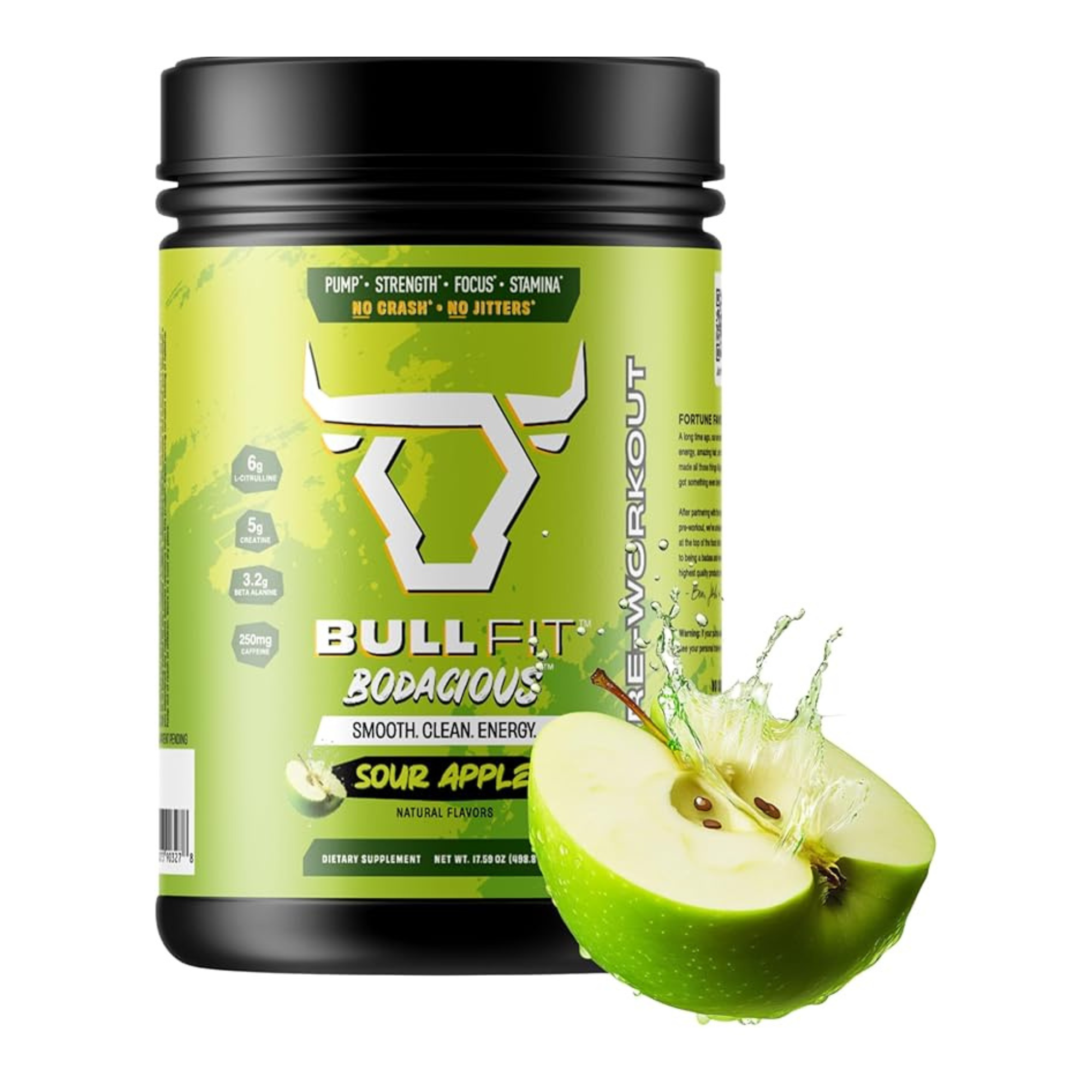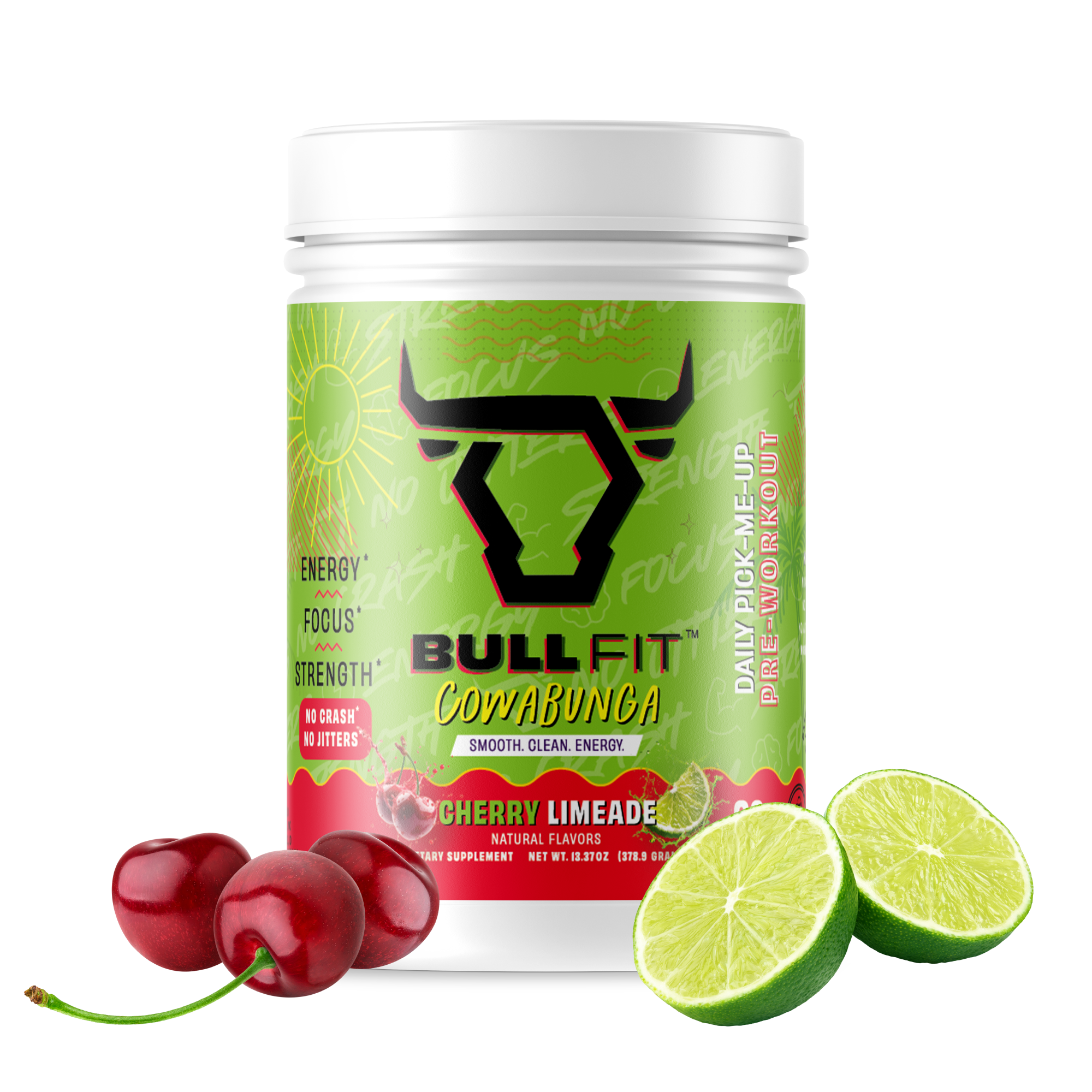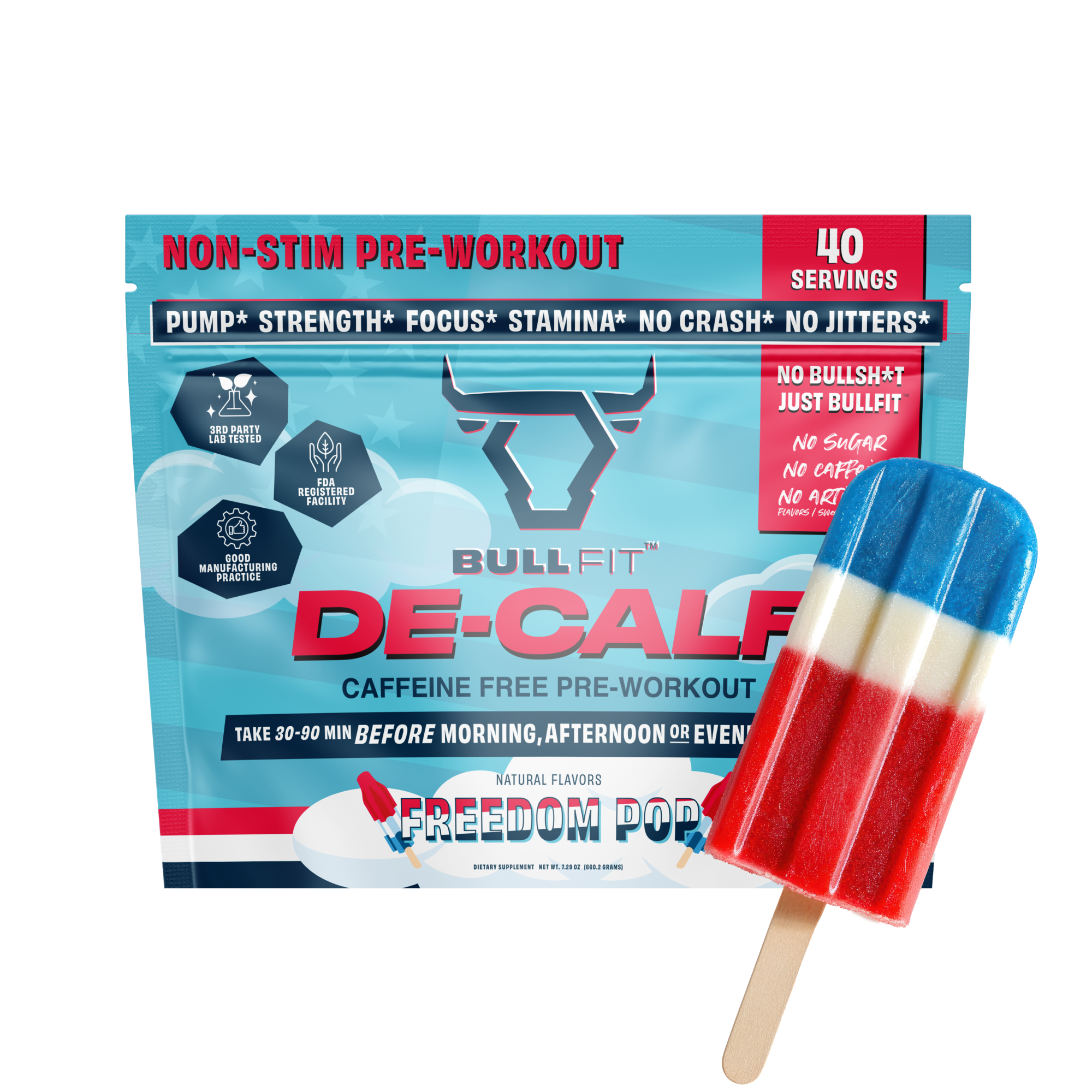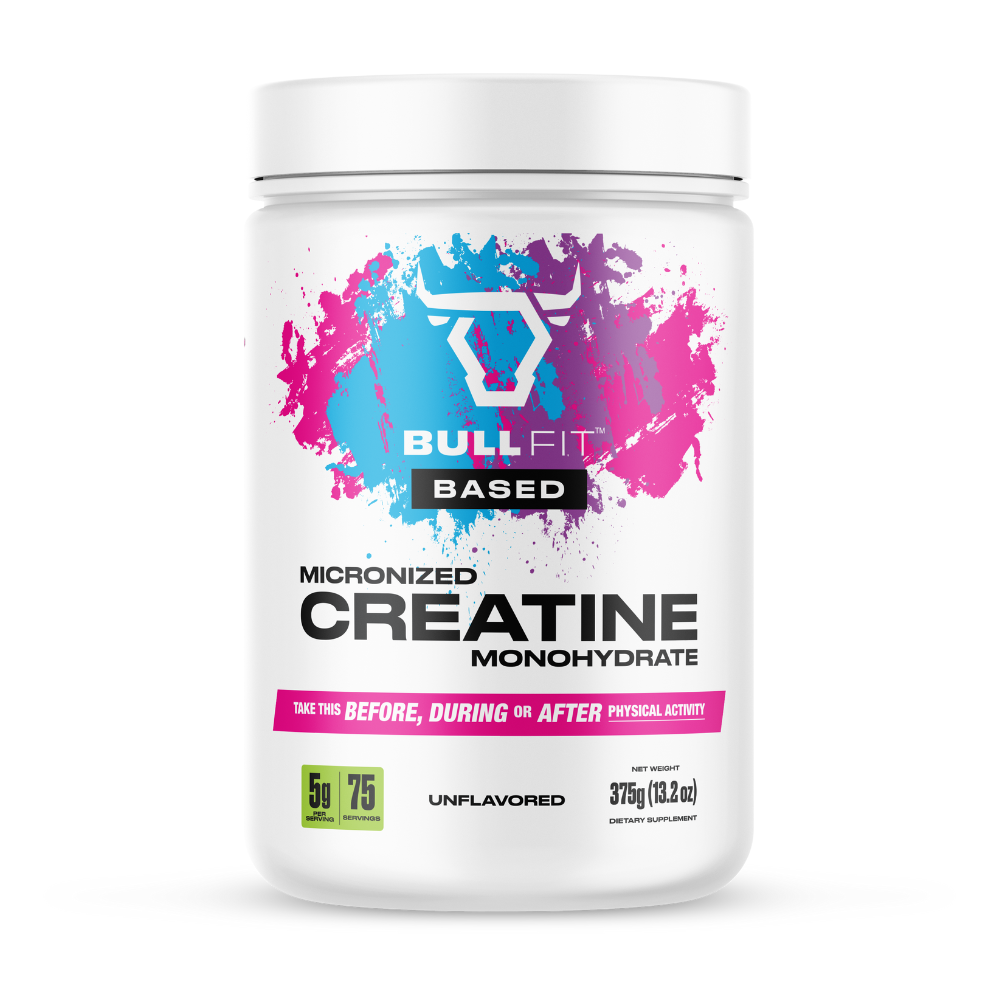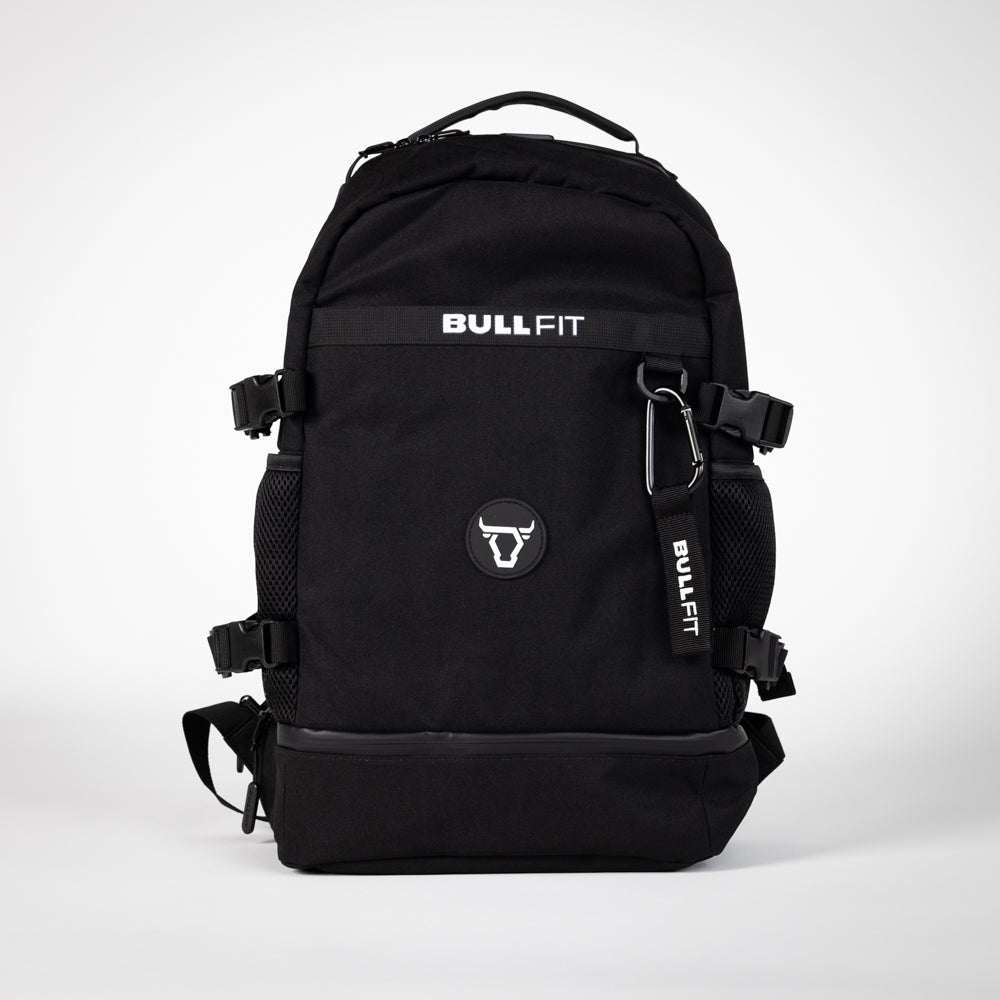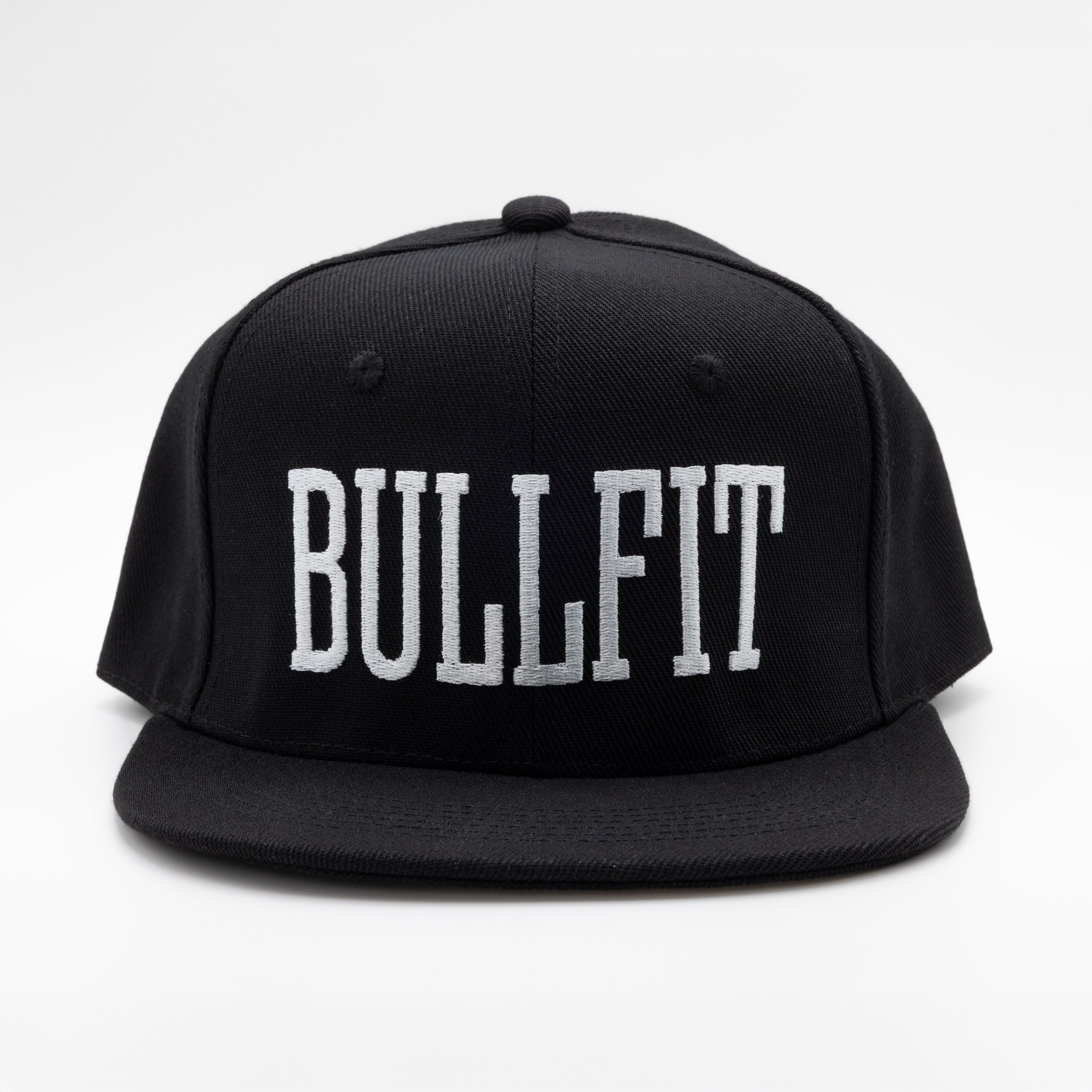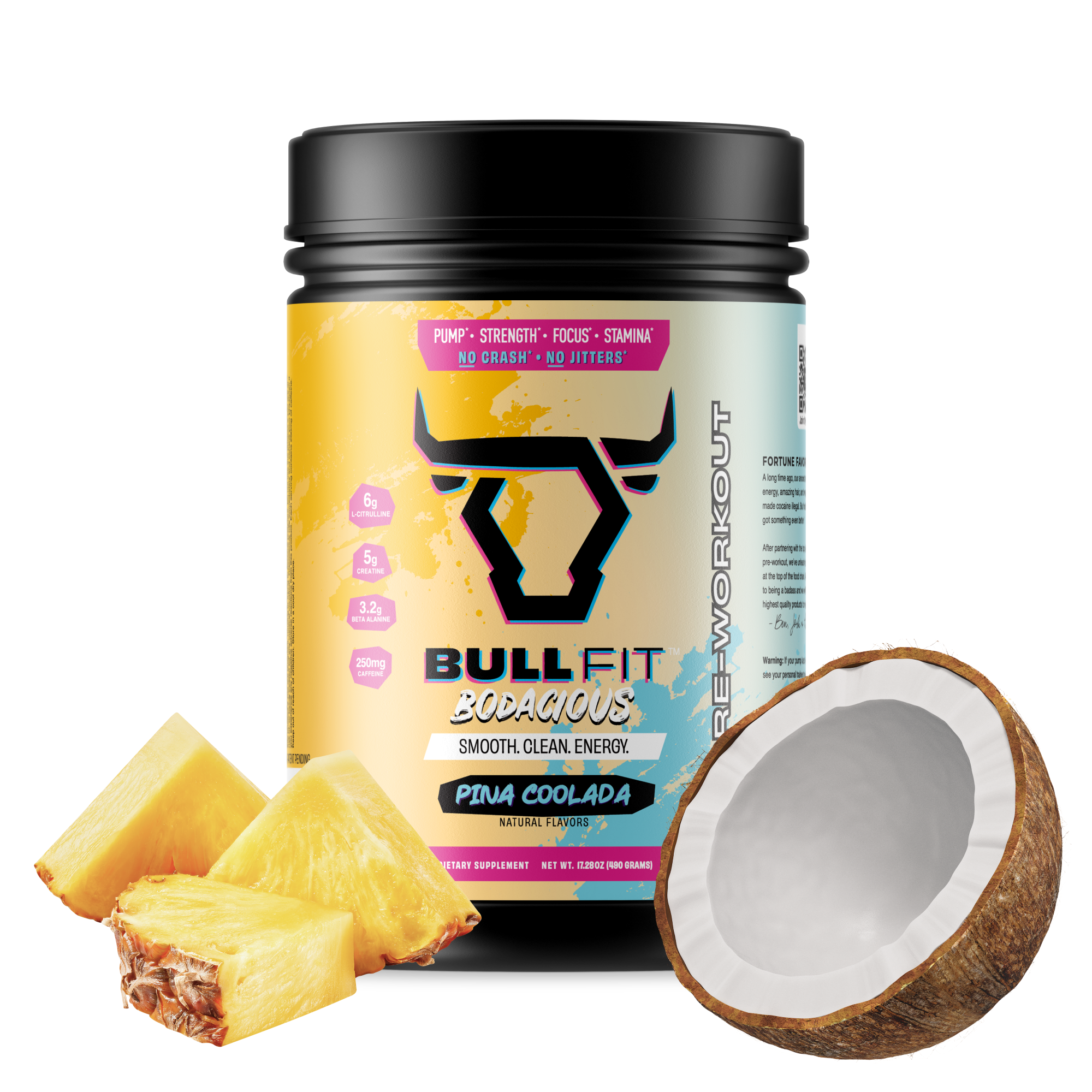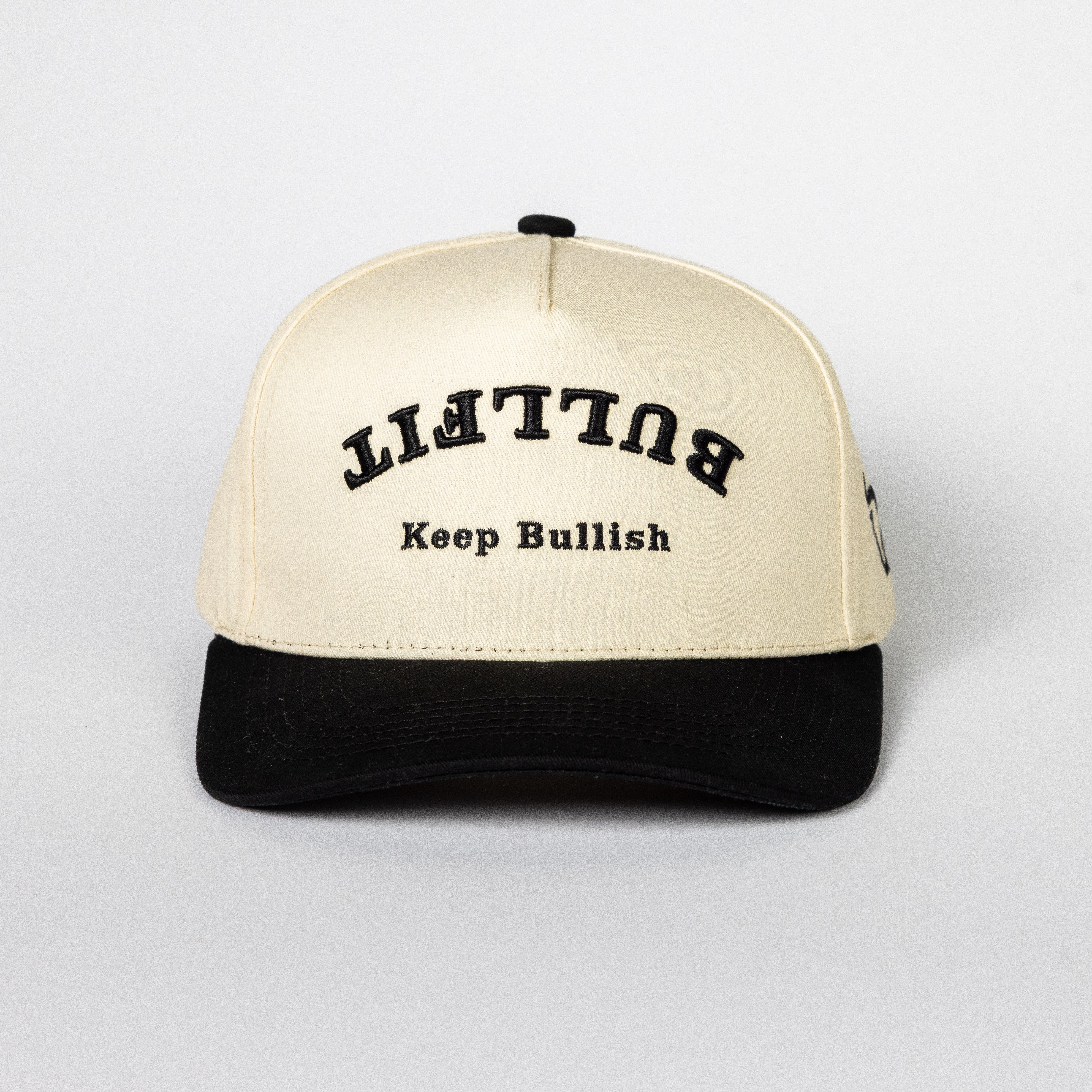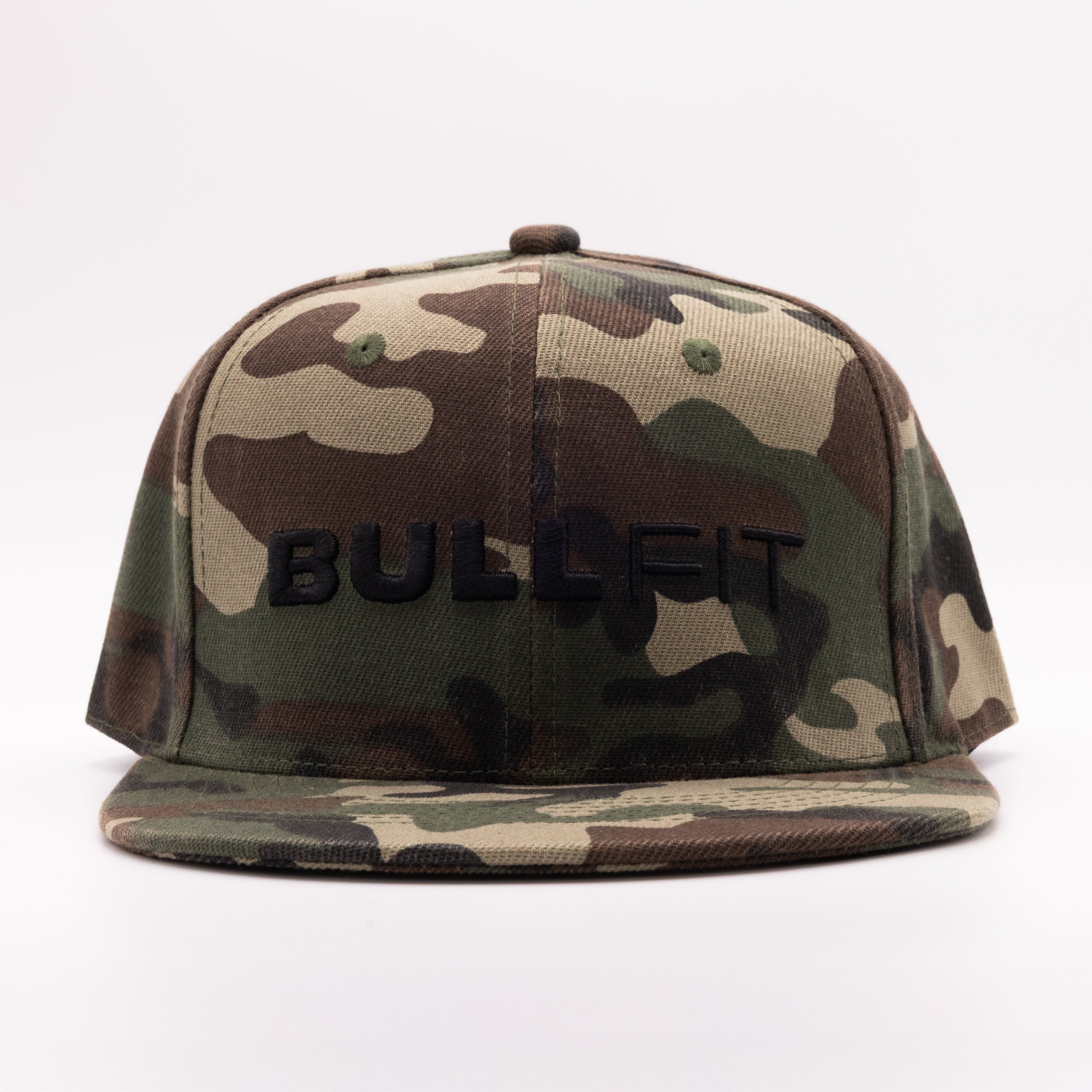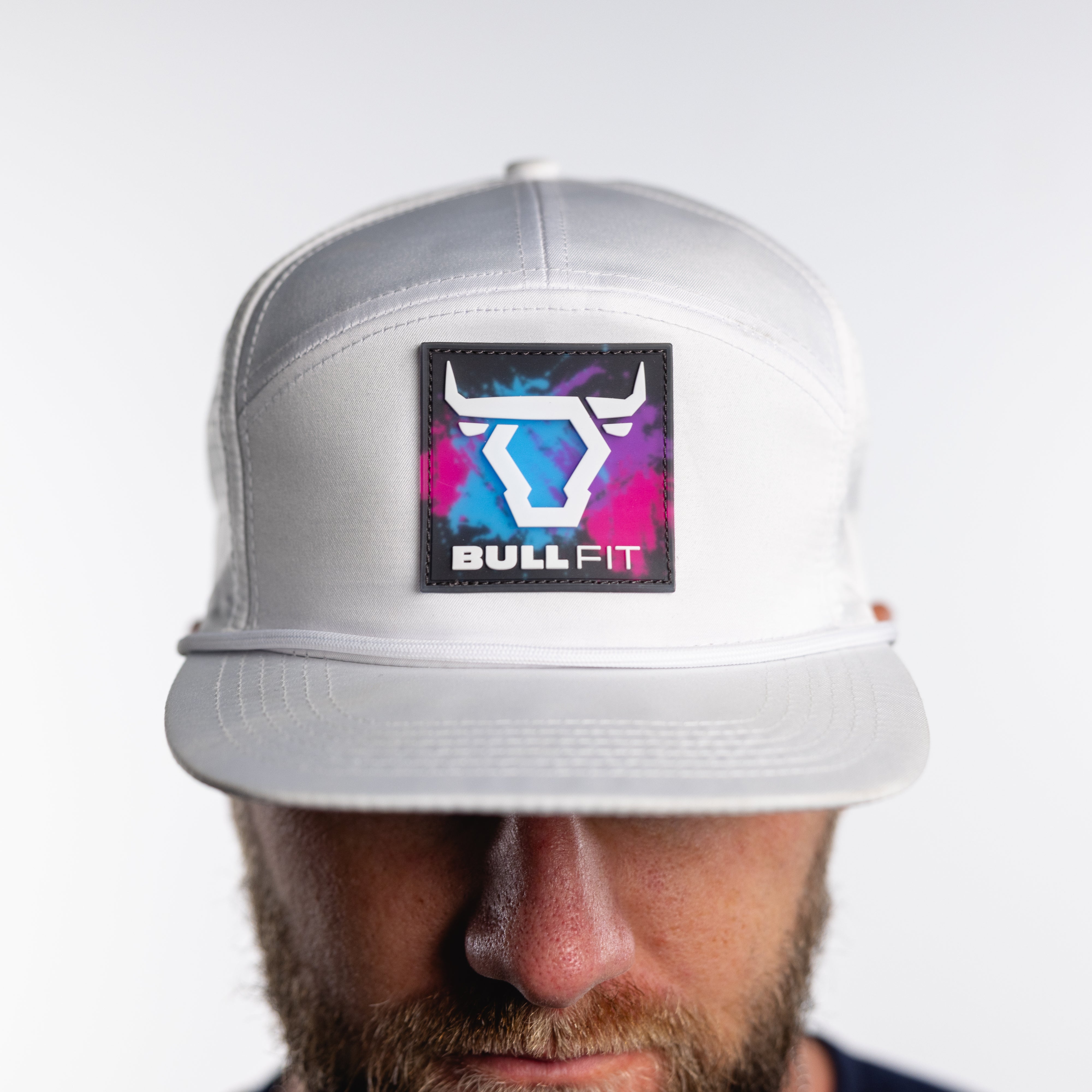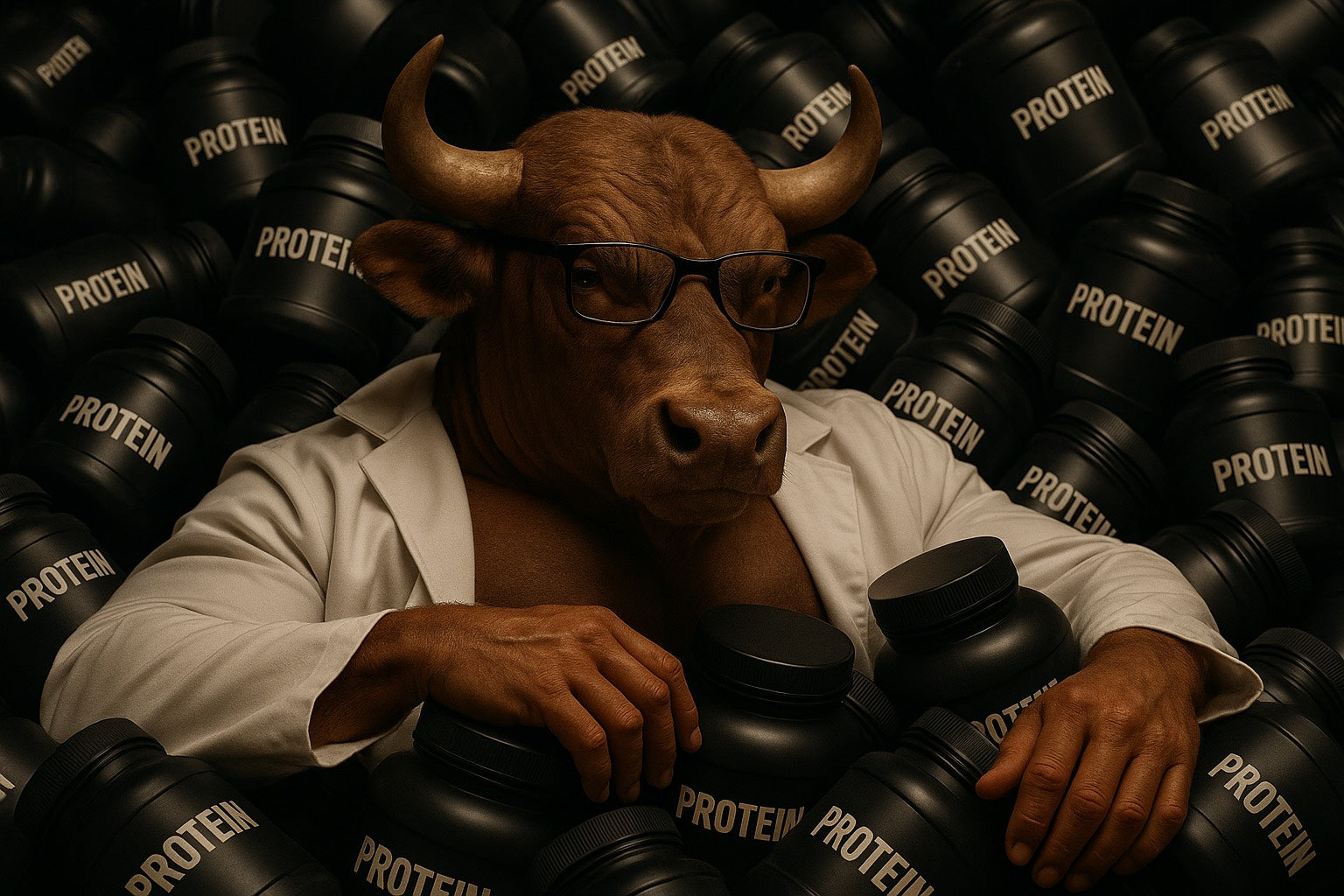When it comes to transforming your body—whether you’re trying to build muscle or shed fat—protein is the ultimate nutritional weapon. It's not just a supplement for bodybuilders; it’s a foundational nutrient your body needs to repair, grow, and thrive.
In this deep-dive guide, we’ll explore:
-
Why protein is essential for both bulking and slimming
-
The science of protein absorption (yes, even 100g at once)
-
How to calculate your ideal daily protein intake
-
The different types of protein (whey, isolate, casein, and more)
-
The best times to take protein for optimal results
-
Simple tips & tricks to hit your daily protein goals with ease
Let’s get into it.
🧬 Why Protein Is Essential—No Matter Your Goal
For Bulking: Building Muscle Efficiently
Protein provides the amino acids your body uses for muscle protein synthesis (MPS)—the process of building new muscle fibers after your workouts. Without enough protein, even the best training plan can lead to minimal gains.
-
Enhances muscle recovery and growth
-
Supports hormone production (e.g., testosterone, IGF-1)
-
Reduces muscle breakdown even during intense training phases
For Fat Loss: Lean & Defined Results
Trying to get lean? Protein is your best friend.
-
Helps preserve lean muscle mass during a caloric deficit
-
Keeps you full longer and reduces cravings
-
Increases your thermic effect of food (TEF)—your body burns more calories digesting protein than carbs or fat
TL;DR: Whether you’re bulking or cutting, protein helps you keep (or build) the muscle that defines your physique.
🧪 Can Your Body Absorb 100g of Protein in One Meal?
There’s a persistent myth that your body can only absorb ~30g of protein per meal. But science says otherwise.
Truth: Your body can absorb virtually all the protein you eat—what changes is how your body uses it.
-
Absorption (in the gut): Nearly 100%—your body will break down and absorb what you eat
-
Utilization for muscle-building (MPS): Peaks at ~25–40g per meal depending on body size, age, and training status
-
Excess protein? It’s not “wasted”—your body may:
-
Use it for enzyme and hormone production
-
Convert it to glucose (via gluconeogenesis)
-
Oxidize it for energy
-
Optimal Strategy: Spread your protein throughout the day (e.g., 4–6 meals) to maximize MPS and satiety.
🔢 How Much Protein Should You Eat Per Day?
The ideal amount depends on your weight, activity level, and body goals.
🔹 General Protein Intake Guidelines:
| Goal | Protein Intake (per lb of body weight) |
|---|---|
| Maintenance | 0.8–1.0g |
| Bulking | 1.0–1.2g |
| Cutting | 1.0–1.4g |
Example: If you weigh 180 lbs and are cutting, aim for 180–250g of protein per day.
For overweight individuals, consider calculating based on lean body mass to avoid overestimation.
🥚 Types of Protein: Which One Is Best for You?
1. Whey Protein
-
Fast-digesting and rich in BCAAs (especially leucine)
-
Ideal for post-workout recovery
-
Supports rapid MPS
2. Whey Isolate
-
A purer form of whey with minimal carbs and fats
-
Lactose-free, suitable for sensitive stomachs
-
Great for those on a cut or low-calorie plan
3. Casein Protein
-
Slow-digesting, releases amino acids over 6–8 hours
-
Best taken before bed to prevent overnight muscle breakdown
4. Plant-Based Proteins (Pea, Hemp, Rice, Soy)
-
Ideal for vegans or vegetarians
-
May be slightly lower in essential amino acids (especially methionine or leucine)
-
Blend for complete amino acid profile
5. Egg Protein
-
High-quality and complete amino acid profile
-
Slower digesting than whey, faster than casein
-
Dairy-free and bloat-free
🕐 Best Times to Take Protein
1. First Thing in the Morning
After a night of fasting, a high-protein breakfast helps kickstart MPS and stabilize blood sugar.
2. Post-Workout (Within 60 Minutes)
-
This is when your muscles are most receptive to nutrients.
-
A shake with 25–40g of fast-digesting whey is ideal.
3. Between Meals (if meals are 4+ hours apart)
A small protein snack helps prevent muscle breakdown.
4. Before Bed
Take casein or a whole food protein source (like cottage cheese) to fuel overnight recovery.
🧠 Tips & Tricks to Hit Your Daily Protein Goals
Hitting 150–200g of protein can feel overwhelming—unless you plan smart.
✅ 1. Build Meals Around Protein
Make lean protein the main event, not an afterthought:
-
Chicken, turkey, lean beef, salmon, tuna
-
Tofu, tempeh, seitan (plant-based)
-
Eggs, egg whites, cottage cheese, Greek yogurt
✅ 2. Add a Shake or Two
A high-quality protein powder (whey or plant-based) can add 20–50g of protein to your day—effortlessly.
✅ 3. Snack Smart
-
Jerky
-
Protein bars
-
Hard-boiled eggs
-
Edamame
-
Greek yogurt
✅ 4. Prep in Batches
Cook large amounts of protein-rich foods at once—chicken breast, ground turkey, baked tofu—and portion them into meals.
✅ 5. Track Your Macros
Use an app like:
-
MyFitnessPal
-
Cronometer
-
MacroFactor
Tracking ensures you're not guessing your intake—you're nailing it.
🚀 Wrap-Up: Protein is Your Nutrition MVP
If you’re serious about changing your physique—protein must be a priority. From stimulating muscle growth to preserving lean mass and supporting recovery, no macronutrient plays a more vital role in both bulking and cutting phases.
🔑 Remember:
-
Your body can absorb and utilize large amounts of protein if spaced wisely.
-
Choose high-quality sources like whey, casein, and whole foods.
-
Time your intake strategically around training and sleep.
-
Use smart strategies to hit your protein goal consistently—day in, day out.
💡 Ready to Take Action?
Whether you're tracking macros, prepping meals, or picking your next supplement—make protein the centerpiece of your nutrition strategy. Your results depend on it.
Read more
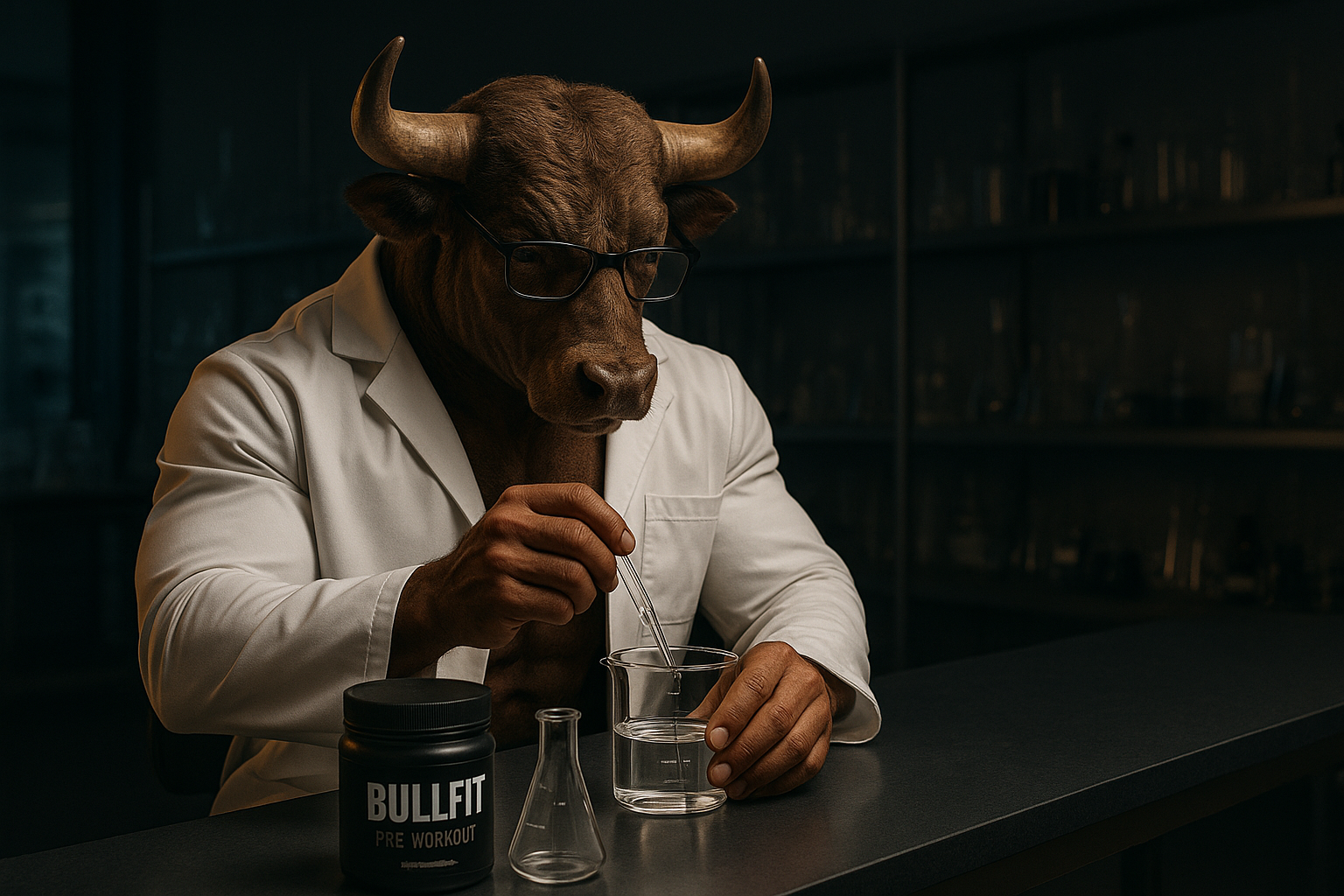
Third-party testing is essential in the supplement industry to ensure safety, purity, and label accuracy. Unlike many brands, BullFit goes above and beyond by having every product tested by certifi...

Setting and achieving a daily step goal is a simple yet powerful way to improve your overall health. Aiming for 7,000–10,000 steps a day supports weight management, cardiovascular fitness, and ment...
